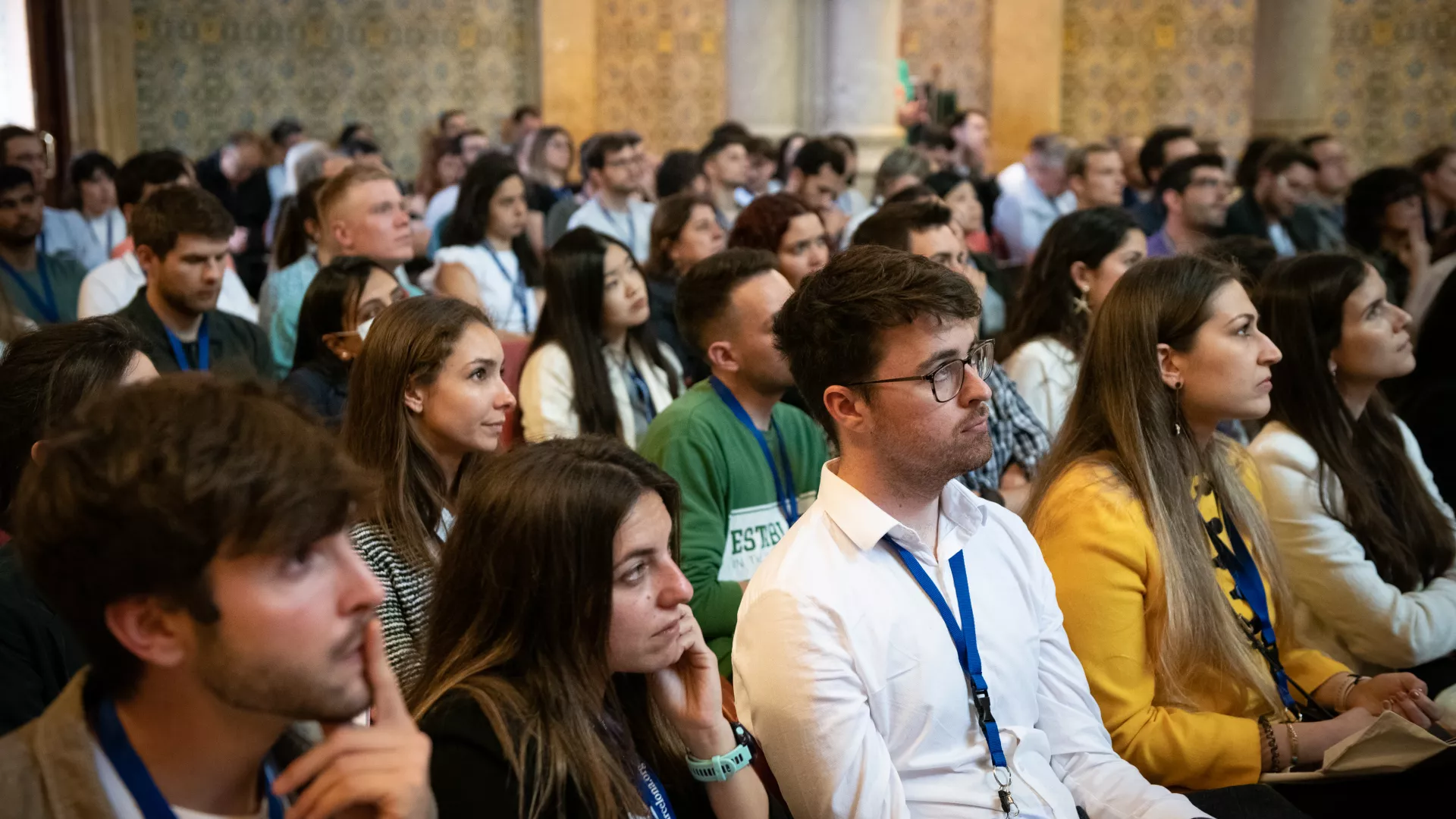Speaker: Susana Godinho, PhD., Senior Lectuer- Centre for Molecular Oncology Lister Prize Fellow. Barts Cancer Institute-a CRUCK Centre of Excellence Queen Mary, University of London.
Presentation
Organizers: IRB Barcelona
Date: Friday, 28th February 2020, 12.00h
Place: Fèlix Serratosa Hall, Parc Cientific de Barcelona
Host: Jens Lüders, PhD., Group Leader, IRB Barcelona, Mechanisms of Disease Programme.
Abstract:
The centrosome is the main microtubule-organising centre in animal cells; important to assemble a bipolar mitotic spindle ensuring proper chromosome segregation and genomic stability. Centrosomal abnormalities, in particular centrosome amplification, are recurrent features of human tumours. Enforced centrosome amplification in vivo plays a role in tumour initiation and progression. However, centrosome amplification occurs only in a subset of cancer cells and thus, partly due to this heterogeneity, the contribution of centrosome amplification to tumours in unknown. We recently demonstrated that supernumerary centrosomes induce a paracrine-signalling axis via the secretion of proteins, which leads to non-cell autonomous invasion. This extra centrosomes-associated secretory phenotype (ECASP) is a consequence of a stress response caused by increased reactive oxygen species (ROS) in these cells. Furthermore, increased ROS not only drives secretion of pro-invasive factors, but also of small extracellular vesicles that change fibroblasts. We are now characterising this diverse secretory phenotype and its impact not only in cancer cells but in the surrounding microenvironment. The discovery that cells with extra centrosomes can manipulate the surrounding cells highlights unforeseen and far-reaching consequences of these abnormalities in cancer.
BioMed Seminar

